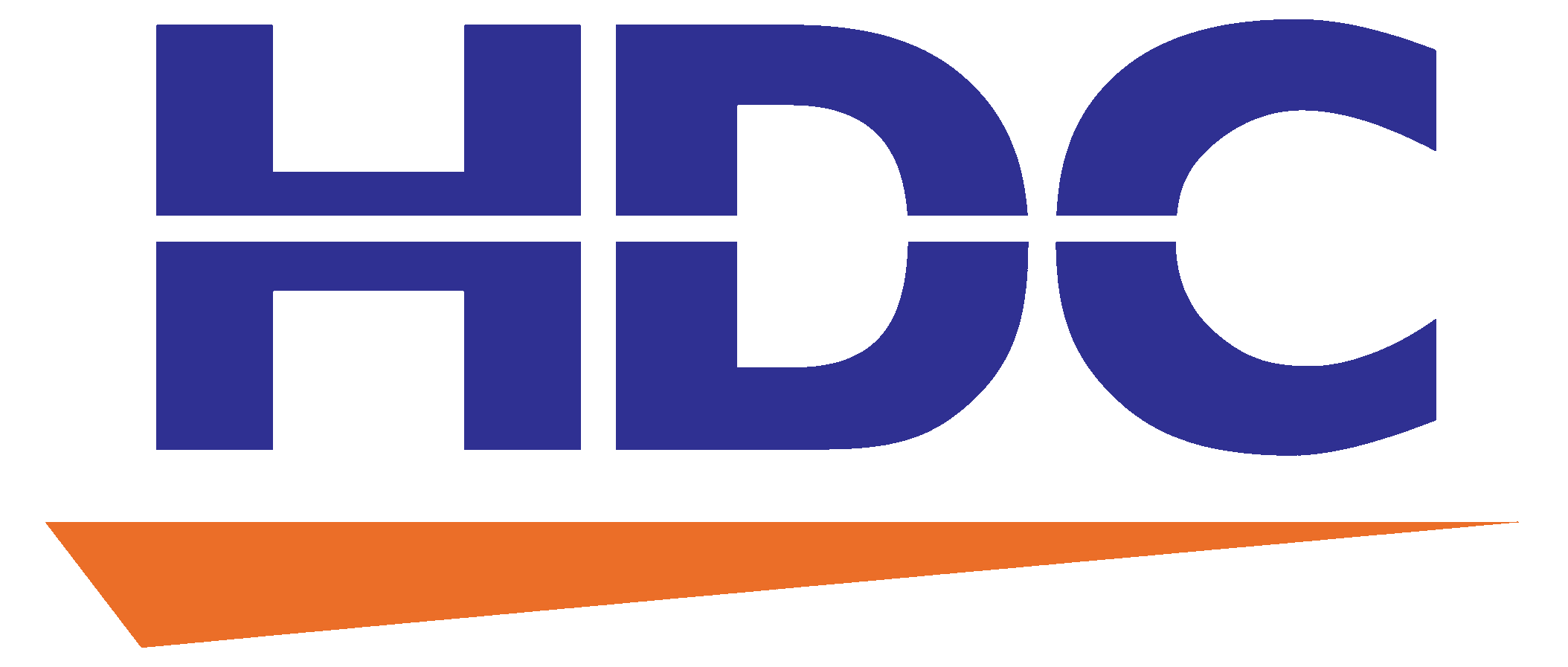
Chocolates are adored by many. While chocolate production methods vary between manufacturers, the ingredients used are generally similar. Some ingredients, however, may cast doubts in the minds of Halal-conscious consumers. This piece shares what some of these ingredients really are, and what makes them Halal or otherwise.
Ingredients in chocolates are either natural ingredients/chemicals from the cocoa bean or additives. Natural ingredients/chemicals from the cocoa bean give the unique characteristics of chocolates, and are not associated with any Halal issues. They are:
1. Cocoa mass/solid/liquor* - the main ingredient in chocolate and is the product of grinding roasted cocoa nibs thus producing thick paste known as cocoa mass/solid/liquor. *Chocolate liquor: A semi-viscous sweet syrup containing chocolate, sugar and other ingredients. It is used in making candy, drinks and other chocolate flavoured foods. Chocolate liquor is not alcoholic and is Halal, unless haram ingredients are added to it.
2. Cocoa powder - the result of the chocolate liquor passed through rollers to remove the fat or cocoa butter; this leaves a dry powdery mass. The powdery mass is then ground to create cocoa powder.
3. Cocoa butter - a natural fat that is present in cocoa beans. It is extracted from the cocoa liquor*. It is often added back at a later stage in varying amounts depending on the formulation of the chocolate.
The second category of ingredients/additives poses a greater concern for Halal-conscious consumers, particularly with regards to their origins. Essentially, additives are used to increase product shelf life, improve appearance and taste, among others. Below are some of the common additives found in chocolate products:
1. Flavouring: Flavour extracts are usually either oil-based (vanilla**, synthetic vanillin, and other fruit/nut flavours), which is Halal, or alcohol-based flavours (e.g. amaretto, brandy, rum), which is non-Halal. *Vanilla flavour can be found as either ‘vanilla extract’ (which by FDA standards must contain 35% alcohol), and hence non-Halal, or ‘natural vanilla’, which is Halal.
2. Lactose: The carbohydrate found in milk, often called “nature’s sugar”, added to give low-level sweetness and the white appearance to milk chocolate.
3. Milk: Often added in full-cream or skimmed form to white or milk chocolate.
4. Fat: Instead of the costlier cocoa butter, vegetable fat (e.g. illipe, palm oil, sal, and shae) is used as a cost effective alternative.
5. Sweetener: Sucrose (table sugar) is the commonly used sweetener in chocolate production.
6. Emulsifier: The most contentious additive often comprises the following: - E322 (lecithin): also known as “lethicin”, typically exists in soy beans, but can also be derived from egg yolk, hence no Halal issues. - E471 (mono- and di-glycerides of fatty acids): fatbased - beef, pork, soy bean - emulsifiers; only soy bean and zabiha slaughtered cow fat-based mono- and di-glycerides are Halal. - E476 (polyglycerol polyricinoleate, PGPR): derived from castor beans, hence no Halal issues.
One of the challenges facing chocolate industry players who wish to grow their shares in the global Halal market is to assure consumers that their products (and constituent ingredients) are genuinely Halal. The easy way out is to be certified and display the Malaysian Halal logo.
Ingredients in chocolates are either natural ingredients/chemicals from the cocoa bean or additives. Natural ingredients/chemicals from the cocoa bean give the unique characteristics of chocolates, and are not associated with any Halal issues. They are:
1. Cocoa mass/solid/liquor* - the main ingredient in chocolate and is the product of grinding roasted cocoa nibs thus producing thick paste known as cocoa mass/solid/liquor. *Chocolate liquor: A semi-viscous sweet syrup containing chocolate, sugar and other ingredients. It is used in making candy, drinks and other chocolate flavoured foods. Chocolate liquor is not alcoholic and is Halal, unless haram ingredients are added to it.
2. Cocoa powder - the result of the chocolate liquor passed through rollers to remove the fat or cocoa butter; this leaves a dry powdery mass. The powdery mass is then ground to create cocoa powder.
3. Cocoa butter - a natural fat that is present in cocoa beans. It is extracted from the cocoa liquor*. It is often added back at a later stage in varying amounts depending on the formulation of the chocolate.
The second category of ingredients/additives poses a greater concern for Halal-conscious consumers, particularly with regards to their origins. Essentially, additives are used to increase product shelf life, improve appearance and taste, among others. Below are some of the common additives found in chocolate products:
1. Flavouring: Flavour extracts are usually either oil-based (vanilla**, synthetic vanillin, and other fruit/nut flavours), which is Halal, or alcohol-based flavours (e.g. amaretto, brandy, rum), which is non-Halal. *Vanilla flavour can be found as either ‘vanilla extract’ (which by FDA standards must contain 35% alcohol), and hence non-Halal, or ‘natural vanilla’, which is Halal.
2. Lactose: The carbohydrate found in milk, often called “nature’s sugar”, added to give low-level sweetness and the white appearance to milk chocolate.
3. Milk: Often added in full-cream or skimmed form to white or milk chocolate.
4. Fat: Instead of the costlier cocoa butter, vegetable fat (e.g. illipe, palm oil, sal, and shae) is used as a cost effective alternative.
5. Sweetener: Sucrose (table sugar) is the commonly used sweetener in chocolate production.
6. Emulsifier: The most contentious additive often comprises the following: - E322 (lecithin): also known as “lethicin”, typically exists in soy beans, but can also be derived from egg yolk, hence no Halal issues. - E471 (mono- and di-glycerides of fatty acids): fatbased - beef, pork, soy bean - emulsifiers; only soy bean and zabiha slaughtered cow fat-based mono- and di-glycerides are Halal. - E476 (polyglycerol polyricinoleate, PGPR): derived from castor beans, hence no Halal issues.
One of the challenges facing chocolate industry players who wish to grow their shares in the global Halal market is to assure consumers that their products (and constituent ingredients) are genuinely Halal. The easy way out is to be certified and display the Malaysian Halal logo.
